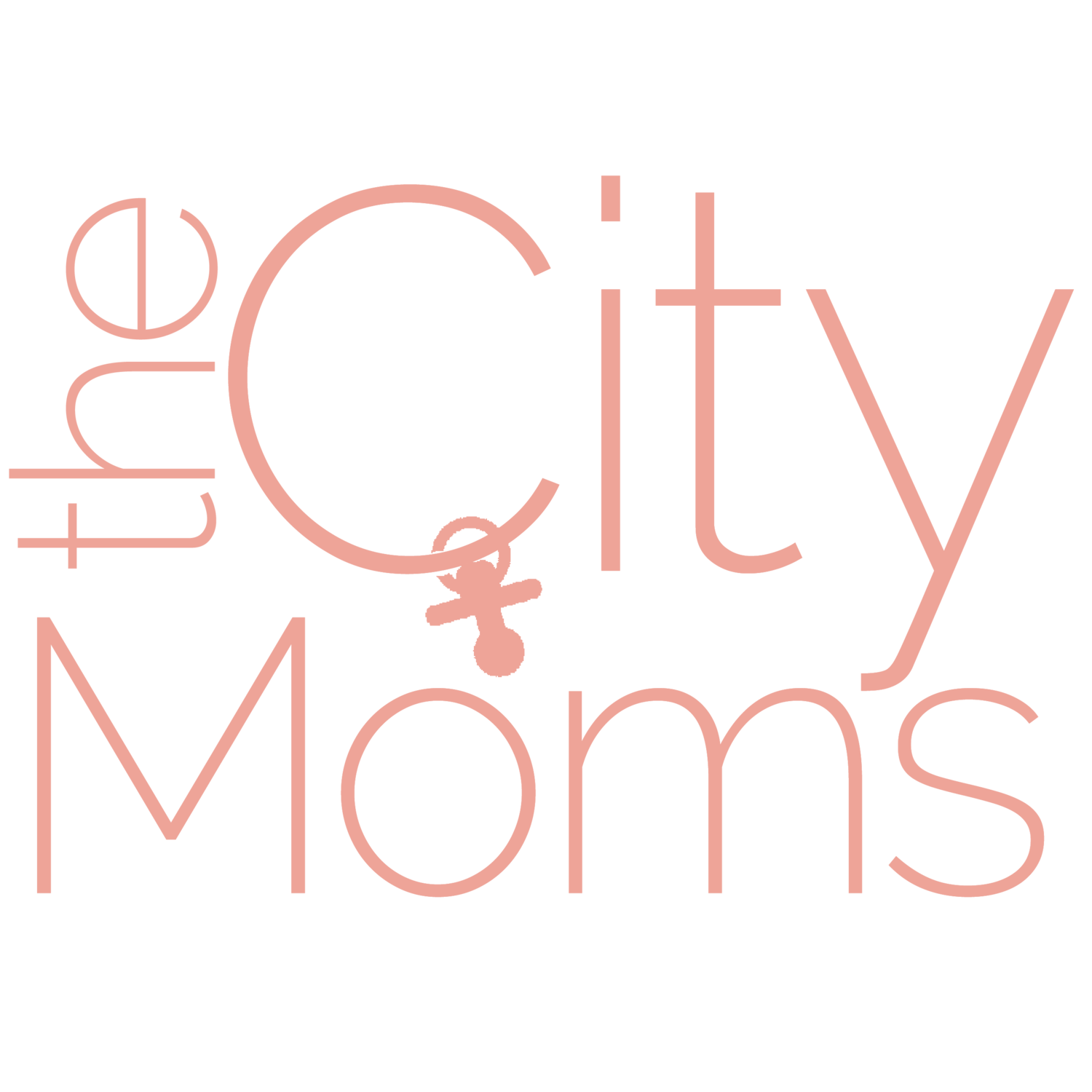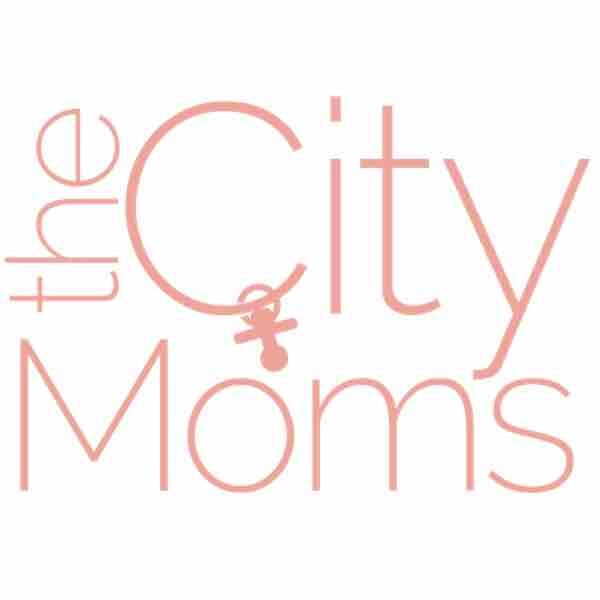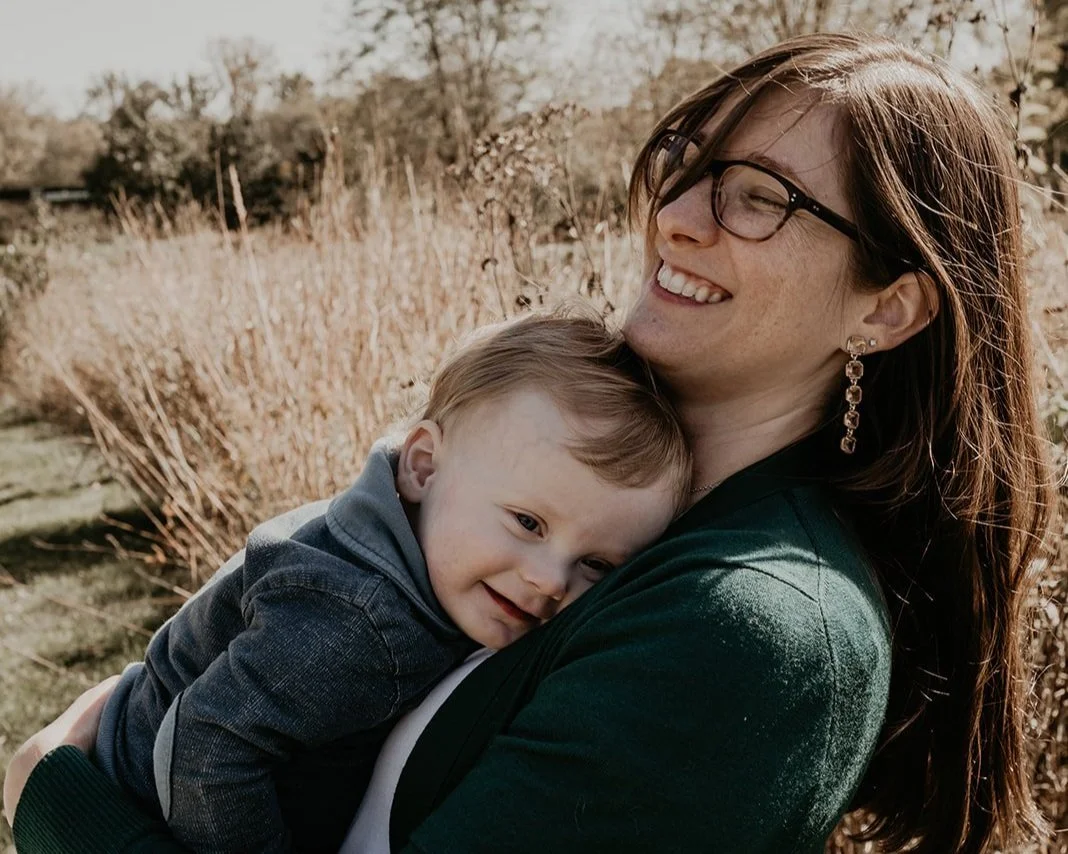March of Dimes feature: CityMom Ashleigh shares her family’s story
EDITOR’S NOTE: January honors the many families and parents across the globe who experience and/or live with birth defects as National Birth Defects Awareness Month. In 2023, this initiative takes a renewed focus by raising awareness of their long-term effects across an individual’s lifespan. For this story, we are blessed to hear from CityMom Ashleigh Woods and the diagnosis that changed her family’s trajectory. For anyone facing a similar experience, resources are available to support you, and March of Dimes is a wonderful place to start.
Image shared with permission, credit Golden Cardinal Media
I looked forward to my 20-week anatomy scan like a kid waiting for Christmas morning. My husband and I had tried to conceive for years before this success, and we were now reveling in every milestone along the way.
By happenstance, I went to this appointment alone. My husband had to work, and although our respective families had become adept at video calling during the pandemic, no one else was around to share in the joy as it unfolded.
I felt so happy as the technician journeyed around and showcased each little bit of our growing baby. He had been just a little bean and now was beginning to look like a person. I could imagine that nose and those fingers and what it would be like to hold him in my arms in just a few short months
That all stopped when the technician fell silent. I asked her what we were now looking at on the screen, and with a tone of concern, she said we’d wait for my OB to talk about it. I don’t remember the rest of the scan. It felt like my husband and I had overcome so many obstacles to get here, and I could feel that familiar anxiety creeping back in.
Something was wrong.
I was pulled into the consult room, and my OB explained that sometimes these little guys don’t cooperate for scans. There was a part of his leg they weren’t able to see, but there was a good chance it was folded up underneath his body. She referred me to maternal-fetal medicine for an in-depth evaluation.
We had done tons of internet searching before that next appointment’s scan confirmed it – our baby was missing his right fibula.
In July 2020, at 21 weeks gestation, he was diagnosed with Fibular Hemimelia (FH), a rare congenital condition affecting about 1 in 40,000-50,000 births. It is diagnosed when there is a partial or complete absence of the fibula, the small bone in the lower part of the leg. Cases can range from mild to severe.
Fact:
With every pregnancy, a woman starts out with a 3% chance of having a baby with a birth defect, regardless of underlying health conditions or lifestyle factors.It’s largely unknown why FH occurs. Much of the research out there supports that it is a random anomaly and is not inherited. The best explanation I could find is that there is something that gets out of sequence during limb bud development, which occurs very early, between four to eight weeks gestation. It took me a long time not to feel like I was responsible for what was happening to my child.
We were filled with so much trepidation that summer, being handed this very unexpected diagnosis with nothing to do but sit and wait. We searched the internet for treatment options, the two routes being either amputation at around age 12 months or reconstruction and limb lengthening. We felt ill-equipped to make such major decisions for our little boy at such a young age. I so wished we could have been able to ask his adult self what he wanted us to do. One comfort we found was a retrospective research article showing equal satisfaction with their parents’ treatment decision among adults diagnosed with FH; whichever route we chose, our son was likely to feel satisfied with our decision.
Despite medical advances, there is still only so much that can be seen on ultrasound in utero. We had to wait until birth to see the full extent of our son’s case.
Waiting was hard. We reached out to groups online to connect with other parents and patients with this diagnosis. It was comforting to see examples of children enjoying their childhoods – playing sports or connecting with other kids at camp. I started following various celebrities and public figures on social media diagnosed with FH, and I began to see how resilient these individuals are. Perhaps my son could be resilient, too.
Did you know?
The theme for National Birth Defects Awareness Month 2023 is “Awareness of Birth Defects Across the Lifespan” and calls to raise awareness of birth defects and their impact on individuals, parents, and families. Artie came into the world a little early that October. We would later understand that his case is severe, with a complete absence of his right fibula, a bowed right tibia, a valgus ankle, and a little foot with three toes. His surgeon, a leading expert in the field of reconstruction and limb lengthening for congenital conditions, estimates that a severe case like Artie’s occurs in about 1 in 250,000 births. With much research, many medical consultations, and loads of support from family and friends, we opted to pursue reconstruction and limb lengthening. To date, Artie has undergone several complex surgeries to straighten his foot and leg. We hope to begin limb lengthening this fall.
Image shared with permission, credit Golden Cardinal Media
Now, two years later, the advice other parents and specialists gave us in those early days makes complete sense. It was so hard to enjoy the normal moments of pregnancy and early parenting with the weight of so many unknowns on our shoulders, but Artie is every bit the resilient kiddo everyone said he’d be. It is so wonderful watching him grow into a fun little person who is currently obsessed with trash cans and garbage trucks, which he calls “bobbies” for some reason. (I think we own just about every toy garbage truck in existence!)
That’s not to say we don’t have overwhelming moments. I think every parent feels that when their child has to go through hard things. Artie recently spent three months in a hard cast post-surgery and then an additional month with four iterations of a bivalve cast that never fit quite right (with a half-day spent at the hospital for each attempt). And honestly, it’s exhausting. It helps to know we’re in the thick of his treatment plan right now, and it won’t always feel this way. We can only take each moment as it comes and focus on our goal of him achieving a functional leg and ankle.
I impart to parents who receive this diagnosis: Don’t get too far into future medical planning. There will be time and space for that. Instead, decorate your nursery. Celebrate during your baby shower. Do all the things that are meaningful to you and fill you with joy during this pregnancy (and during the newborn stage). Take good care of yourself – physically and emotionally. Talk with a therapist who has experience working with families with medical needs. Surround yourself with family and friends who make you feel better. Put up boundaries with those who are draining. Reach out to other limb-difference parents for support.
Remember – you are not alone in this.
MORE INFO: March of Dimes has led the fight for the health of all moms and babies since 1938 by focusing on ending preventable maternal risks and death, ending preventable preterm birth and infant death, and closing the health equity gap for all families. Join the conversation about National Birth Defects Awareness Month by visiting March of Dimes at marchofdimes.org/birthdefects.



